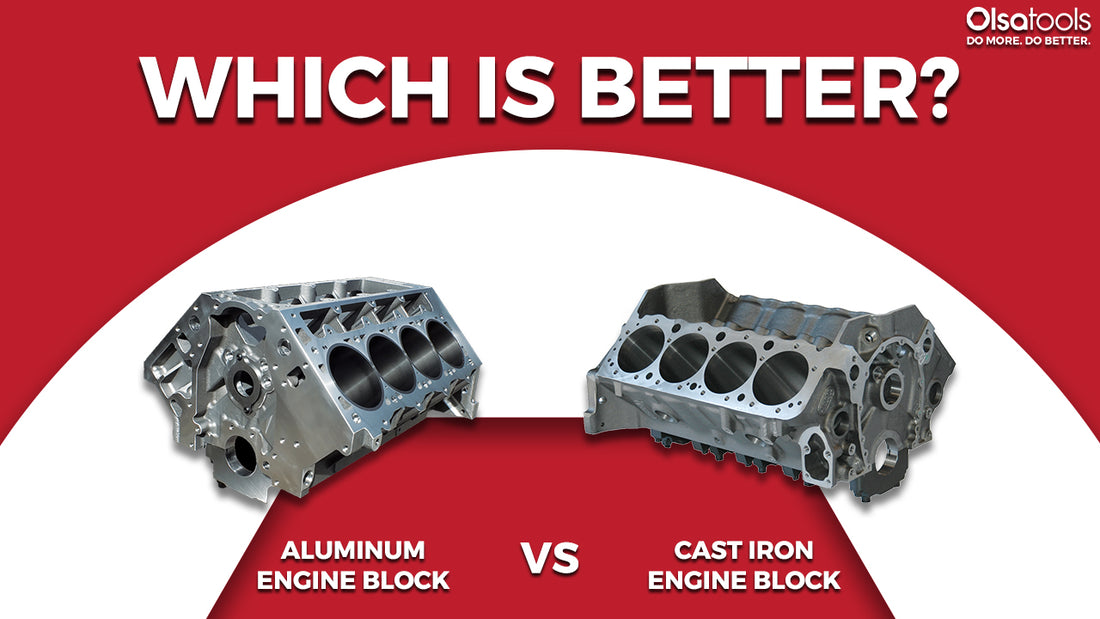Alcast Company for Beginners
Alcast Company for Beginners
Blog Article
What Does Alcast Company Do?
Table of ContentsWhat Does Alcast Company Do?Little Known Questions About Alcast Company.The Basic Principles Of Alcast Company The Buzz on Alcast Company7 Easy Facts About Alcast Company ExplainedThe smart Trick of Alcast Company That Nobody is Discussing
The refined difference lies in the chemical web content. Chemical Contrast of Cast Aluminum Alloys Silicon promotes castability by decreasing the alloy's melting temperature level and boosting fluidity throughout spreading. It plays a vital role in allowing intricate mold and mildews to be filled up accurately. In addition, silicon adds to the alloy's strength and use resistance, making it important in applications where toughness is critical, such as auto components and engine elements.It likewise enhances the machinability of the alloy, making it simpler to refine into completed products. In this method, iron adds to the general workability of aluminum alloys.
Manganese adds to the stamina of light weight aluminum alloys and enhances workability (Aluminum Castings). It is commonly utilized in wrought aluminum items like sheets, extrusions, and accounts. The visibility of manganese help in the alloy's formability and resistance to breaking during construction processes. Magnesium is a light-weight component that supplies stamina and influence resistance to light weight aluminum alloys.
Alcast Company - The Facts
It allows the production of light-weight components with exceptional mechanical residential or commercial properties. Zinc boosts the castability of aluminum alloys and assists regulate the solidification procedure throughout casting. It boosts the alloy's toughness and firmness. It is frequently discovered in applications where complex shapes and fine information are necessary, such as attractive spreadings and particular auto parts.

The key thermal conductivity, tensile strength, yield stamina, and elongation vary. Among the above alloys, A356 has the highest thermal conductivity, and A380 and ADC12 have the most affordable.
Alcast Company Fundamentals Explained

In accuracy spreading, 6063 is appropriate for applications where elaborate geometries and top quality surface area coatings are paramount. Instances include telecommunication rooms, where the alloy's superior formability enables for streamlined and cosmetically pleasing designs while maintaining architectural integrity. In the Lighting Solutions sector, precision-cast 6063 elements produce classy and efficient lighting components that require elaborate shapes and great thermal efficiency.
It leads to a finer surface area coating and much better corrosion resistance in A360. The A360 displays superior elongation, making it suitable for facility and thin-walled elements. In precision casting applications, A360 is well-suited for industries such as Consumer Electronic Devices, Telecommunication, and Power Devices. Its enhanced fluidity permits complex, high-precision elements like smartphone cases and communication tool housings.
Alcast Company Fundamentals Explained
Its distinct homes make A360 a beneficial option for accuracy casting in these markets, improving item toughness and high quality. Aluminum alloy 380, or A380, is a commonly utilized spreading alloy with several distinctive qualities. It provides excellent castability, making it an ideal option for accuracy casting. A380 displays great fluidness when molten, guaranteeing complex and thorough mold and mildews are accurately recreated.
In accuracy spreading, light weight aluminum 413 radiates in the Consumer Electronics and Power Tools industries. It's commonly made use of to craft detailed elements like smartphone real estates, camera bodies, and power tool housings. Its precision is impressive, with limited tolerances as much as 0.01 mm, making sure flawless item setting up. This alloy's premium corrosion resistance makes it an outstanding selection for outdoor applications, making certain resilient, durable products in the discussed industries.
Some Of Alcast Company
As soon as Source you have chosen that the light weight aluminum die casting procedure appropriates for your job, an important following action is picking one of the most suitable alloy. The light weight aluminum alloy you select will considerably influence both the casting procedure and the properties of the final item. Since of this, you should make your decision very carefully and take an informed approach.
Determining one of the most ideal aluminum alloy for your application will indicate considering a broad range of features. These comparative alloy characteristics adhere to the North American Pass Away Casting Association's guidelines, and we have actually split them into two groups. The first group addresses alloy qualities that influence the production process. The second covers attributes impacting the buildings of the final product.
All About Alcast Company
The alloy you select for die casting directly impacts several elements of the casting procedure, like how very easy the alloy is to collaborate with and if it is prone to casting issues. Hot splitting, likewise referred to as solidification fracturing, is a regular die spreading flaw for light weight aluminum alloys that can cause internal or surface-level rips or cracks.
Certain light weight aluminum alloys are a lot more vulnerable to warm splitting than others, and your selection must consider this. Another common flaw found in the die spreading of aluminum is die soldering, which is when the cast stays with the die walls and makes ejection hard. It can harm both the actors and the die, so you need to look for alloys with high anti-soldering buildings.
Corrosion resistance, which is currently a noteworthy feature of aluminum, can differ significantly from alloy to alloy and is a necessary characteristic to take into consideration depending upon the ecological conditions your item will be exposed to (aluminum foundry). Use resistance is another property commonly looked for in light weight aluminum items and can differentiate some alloys
Report this page